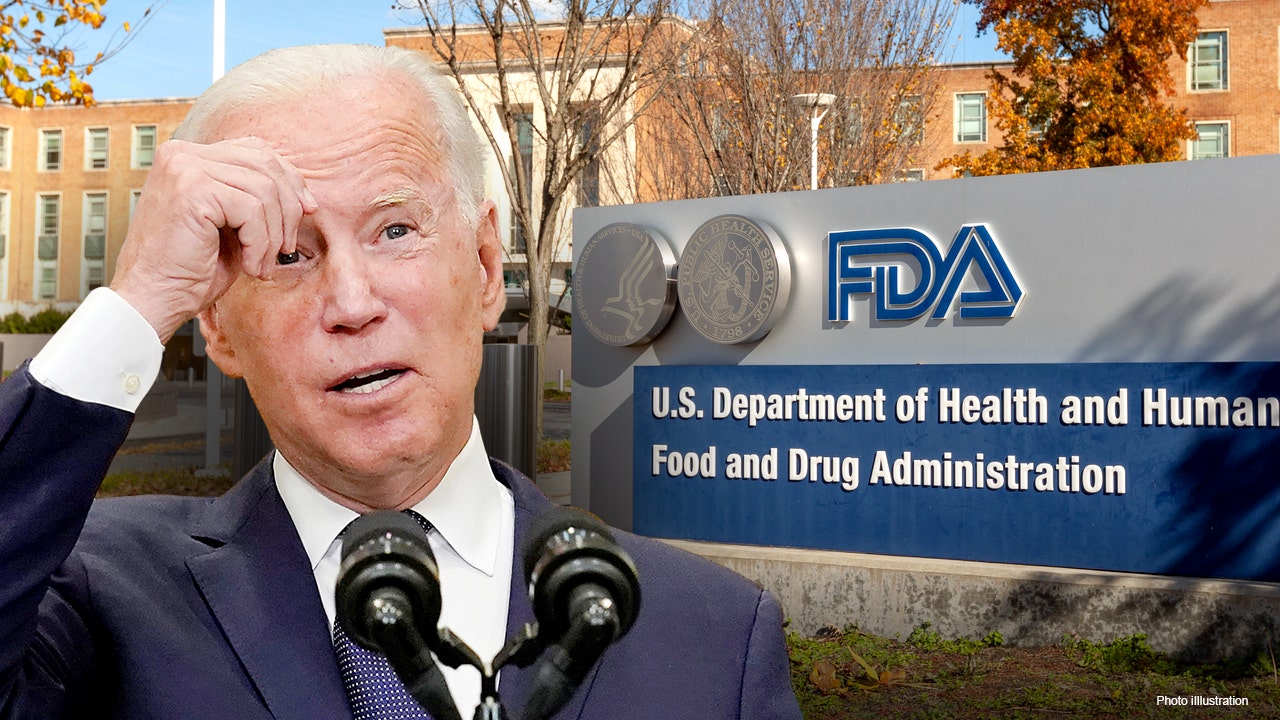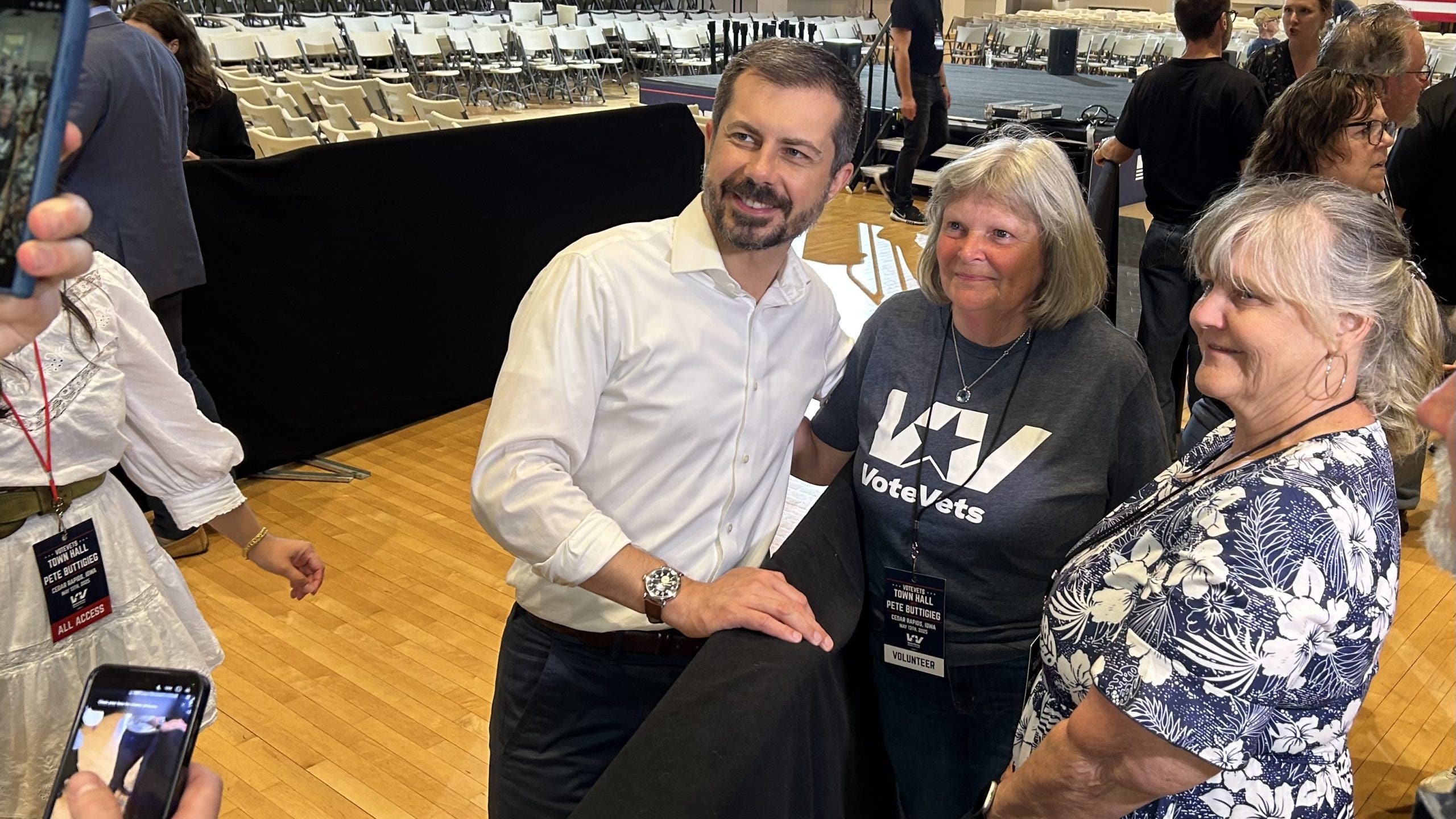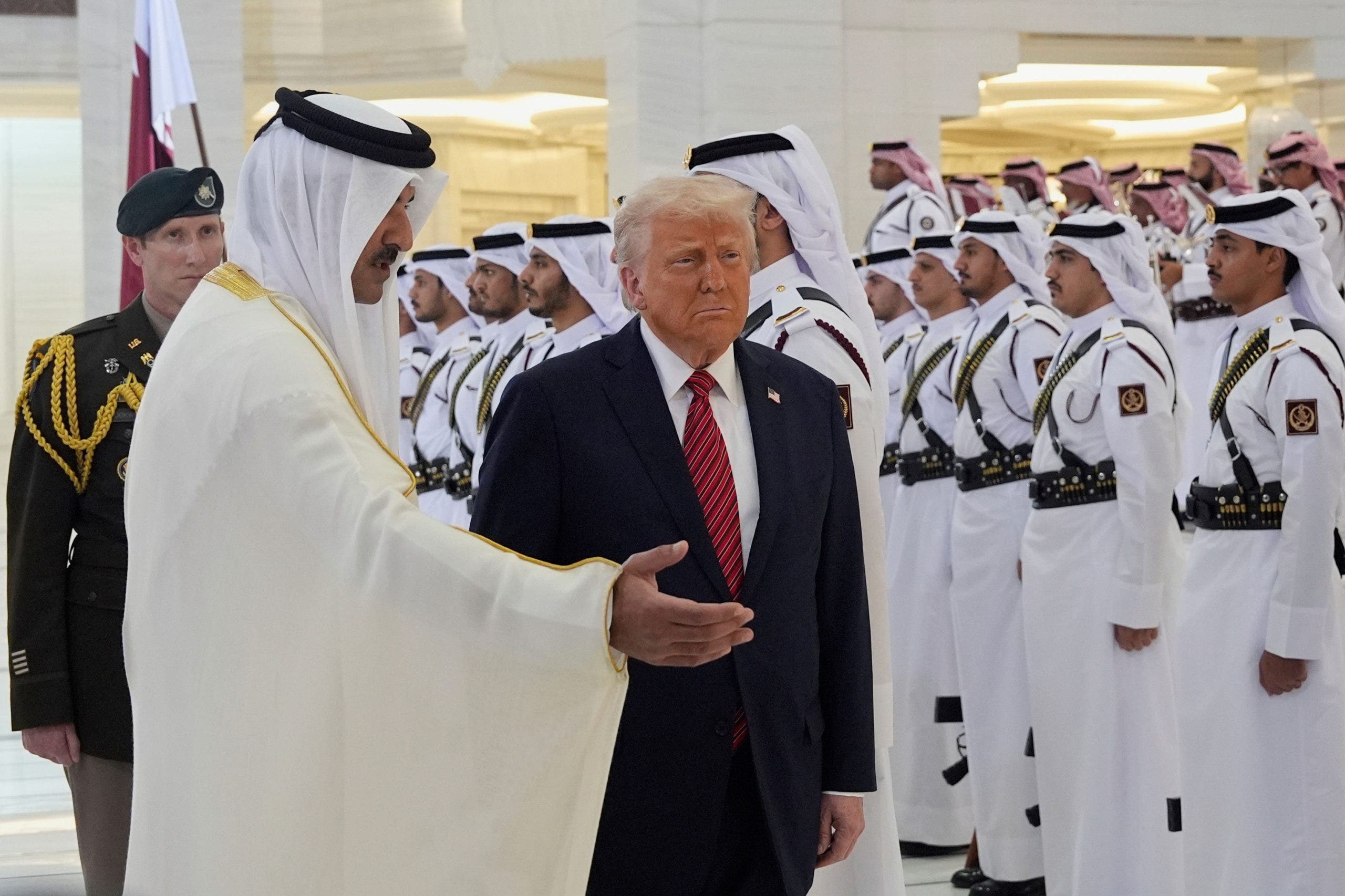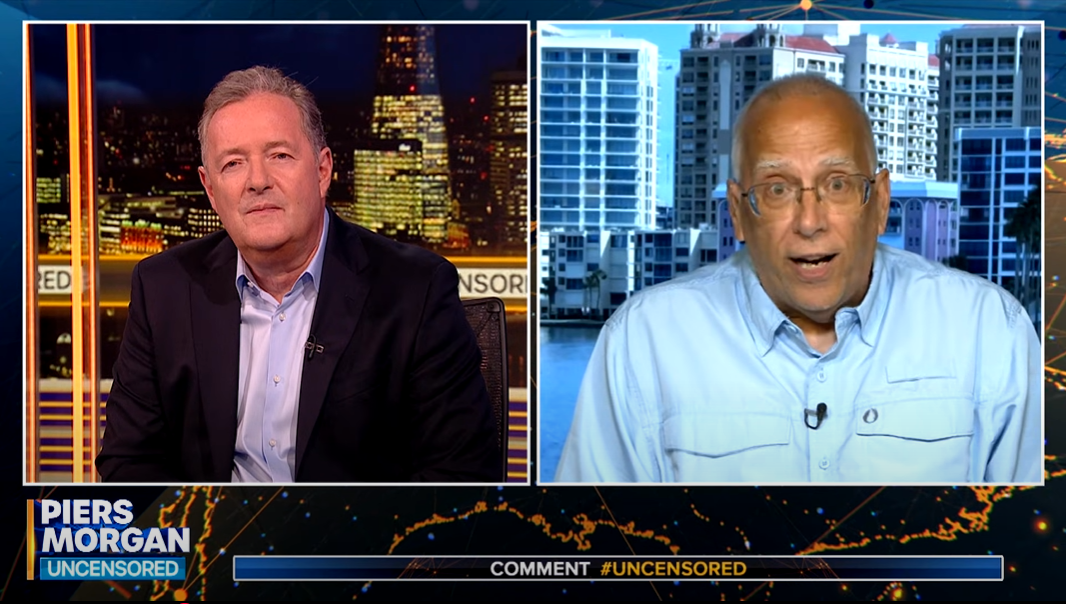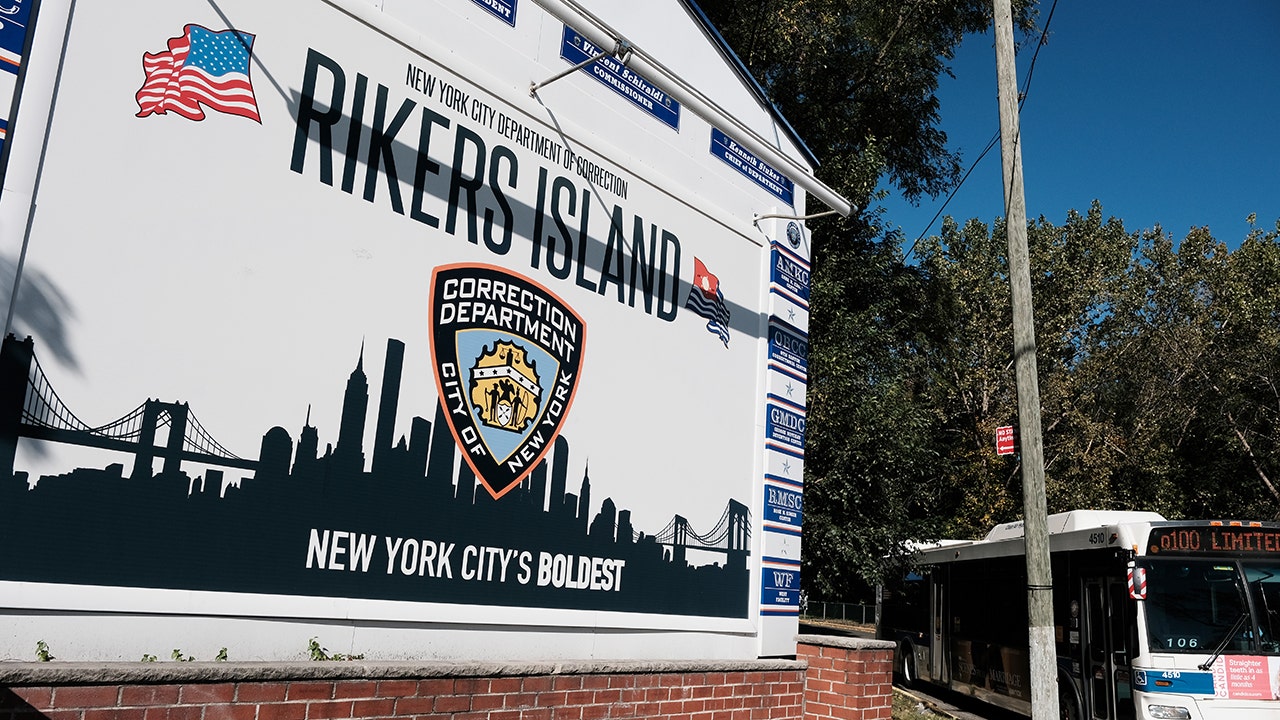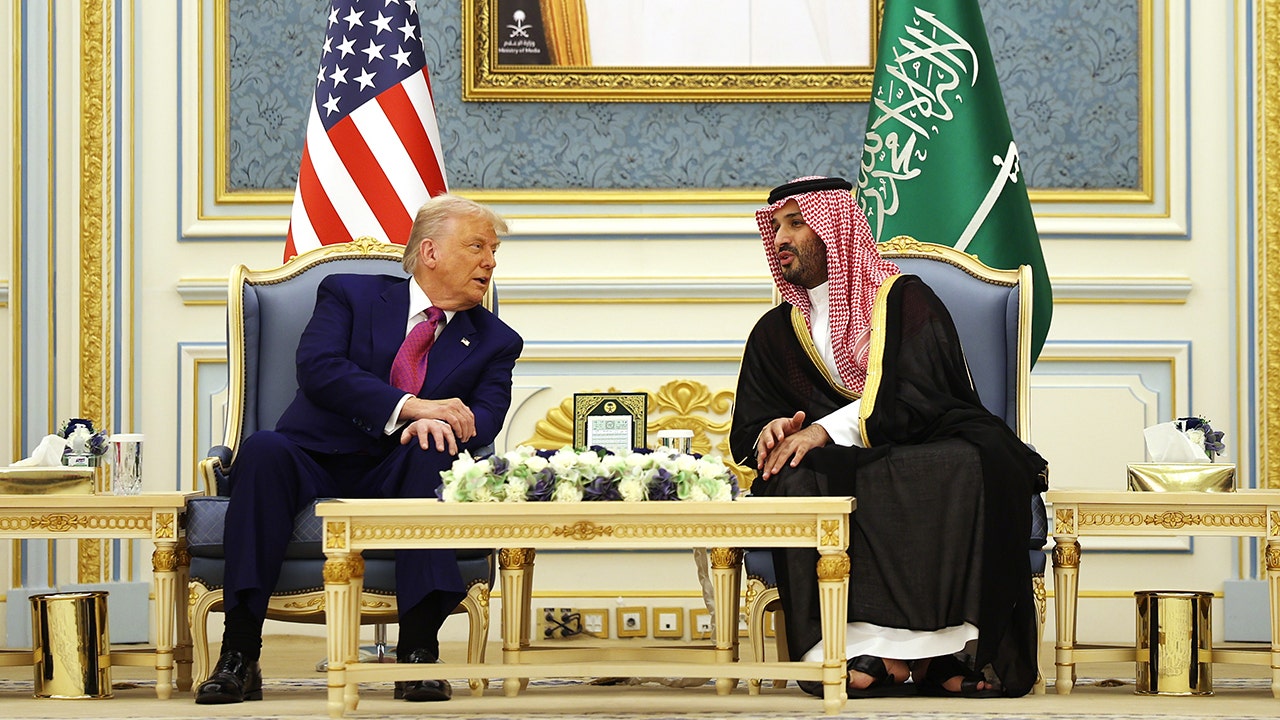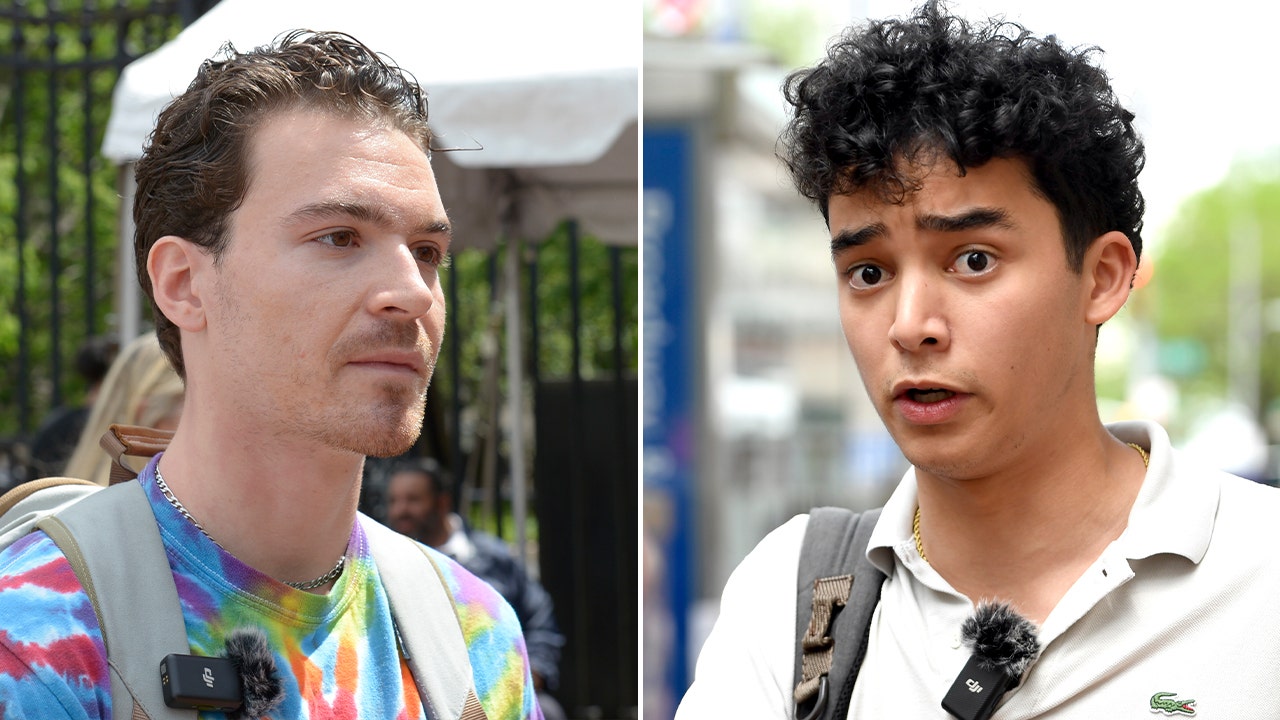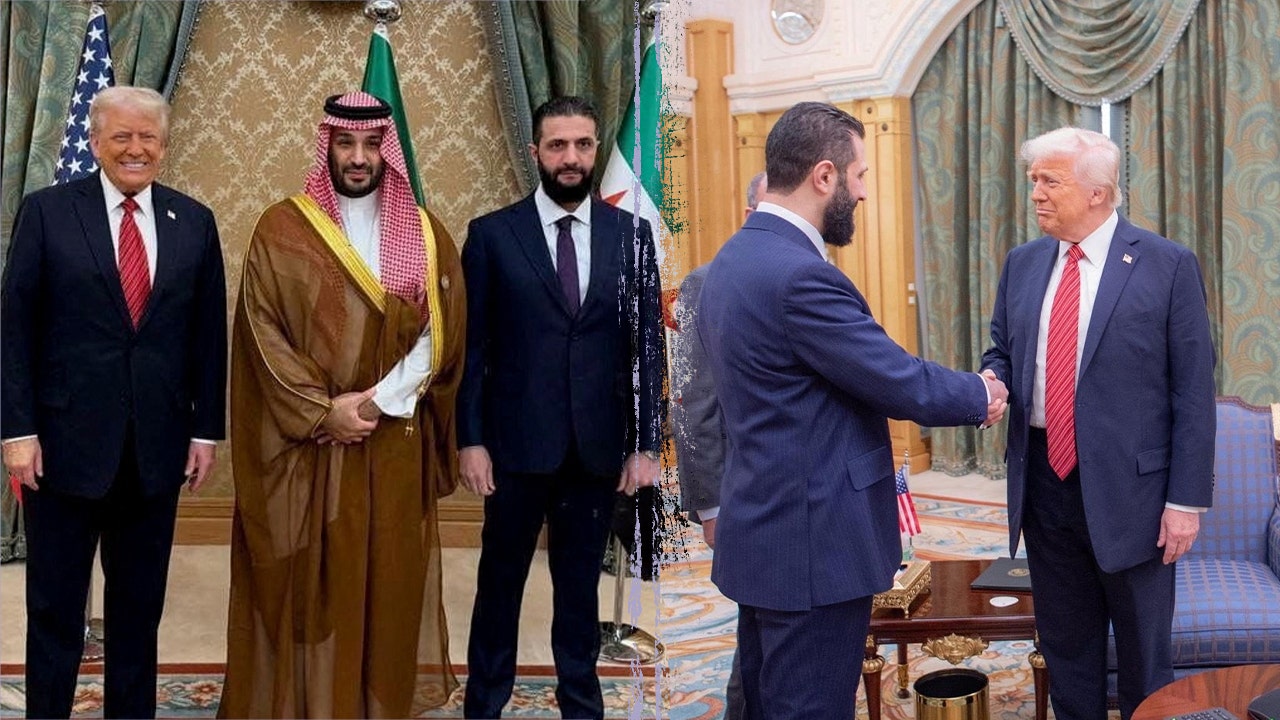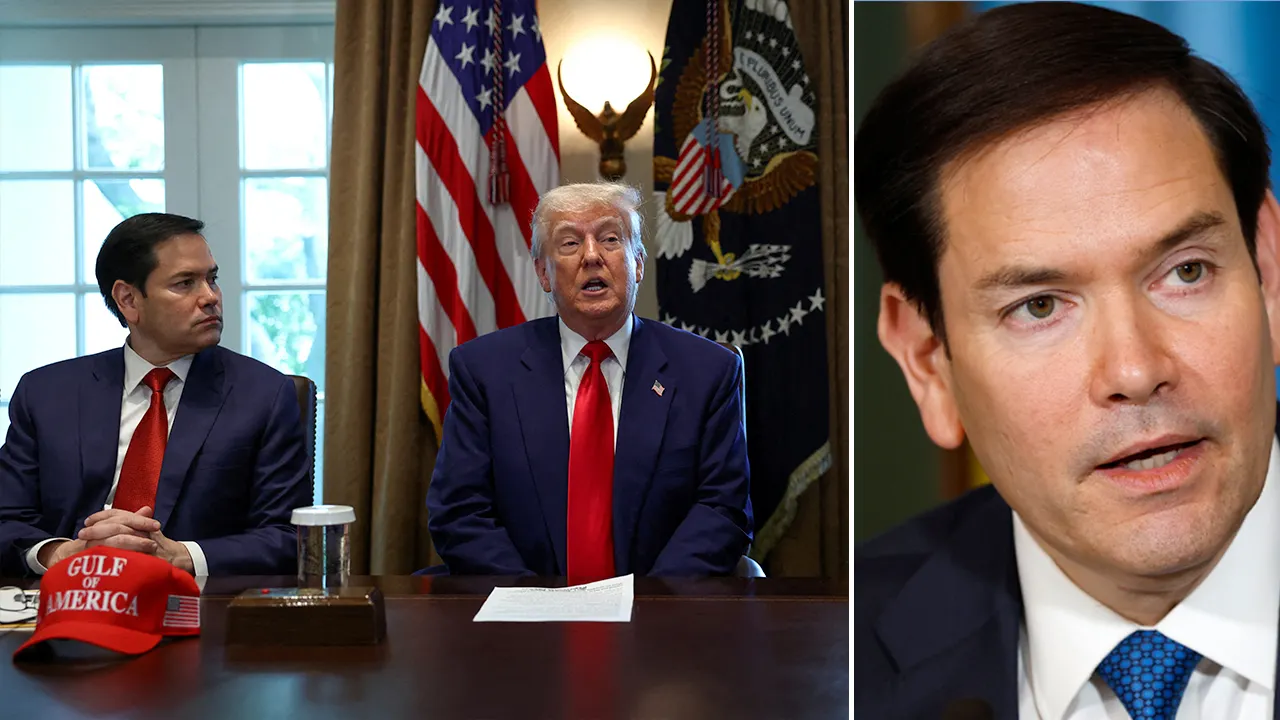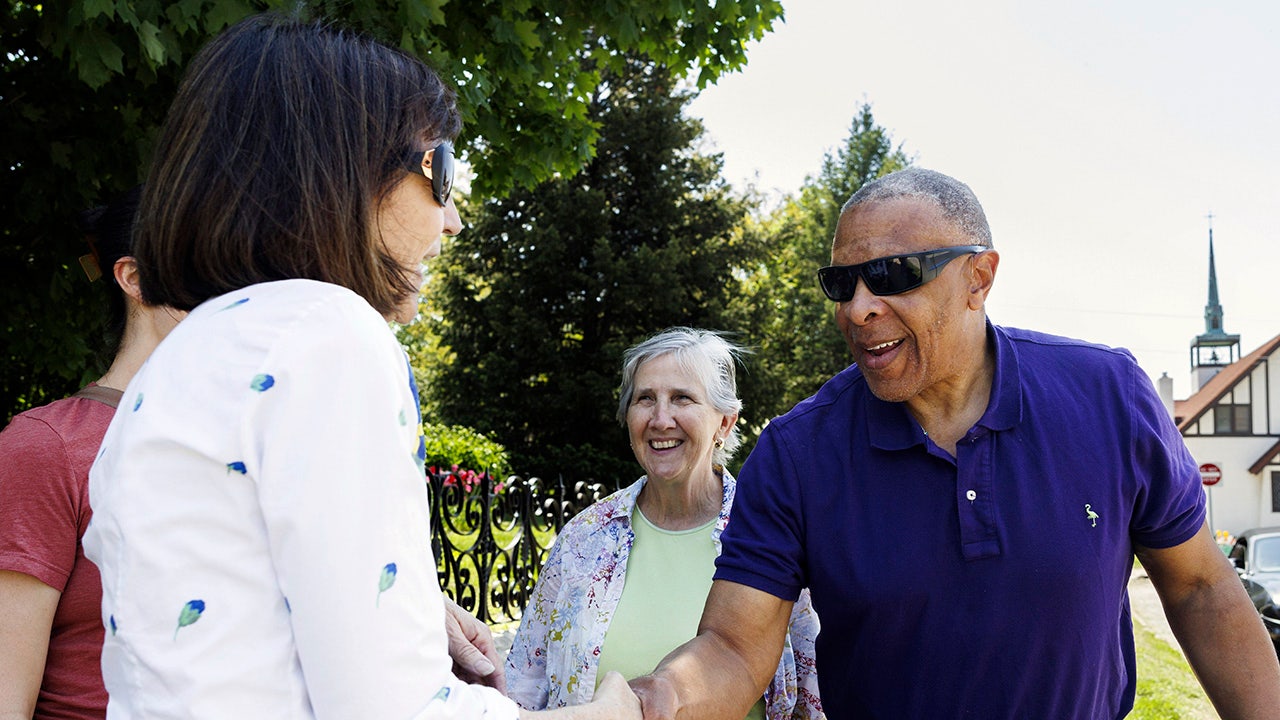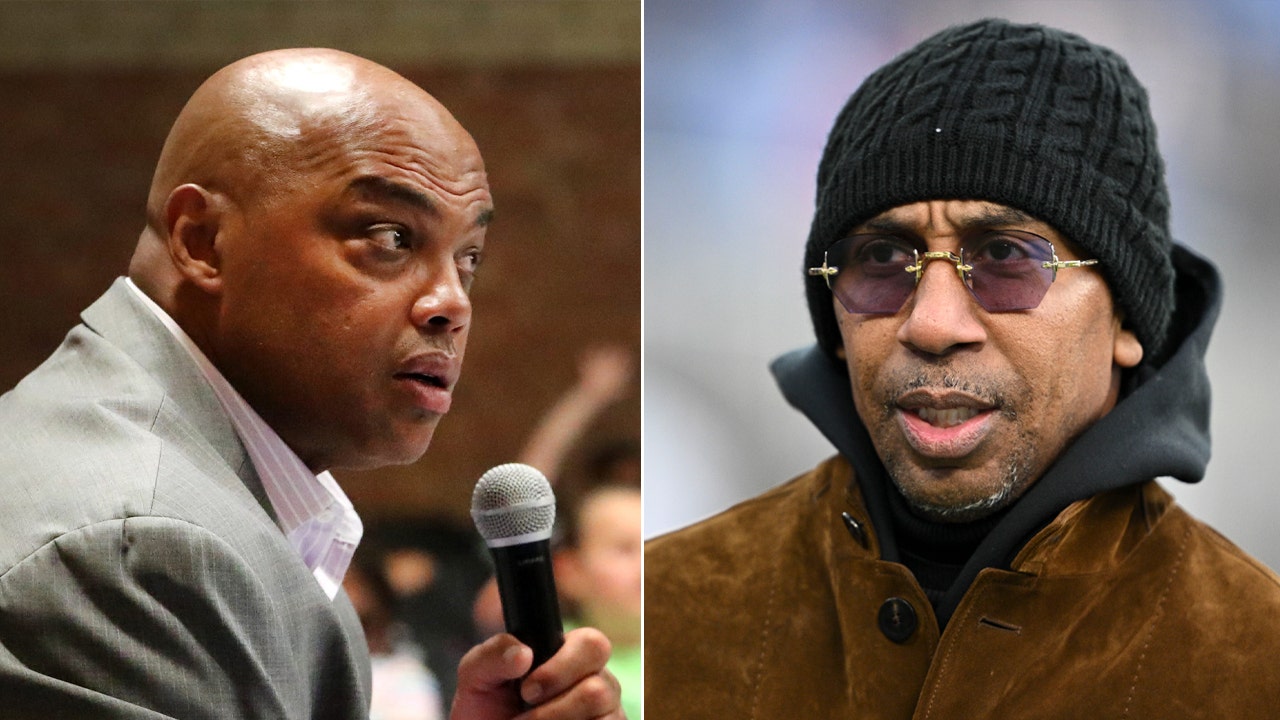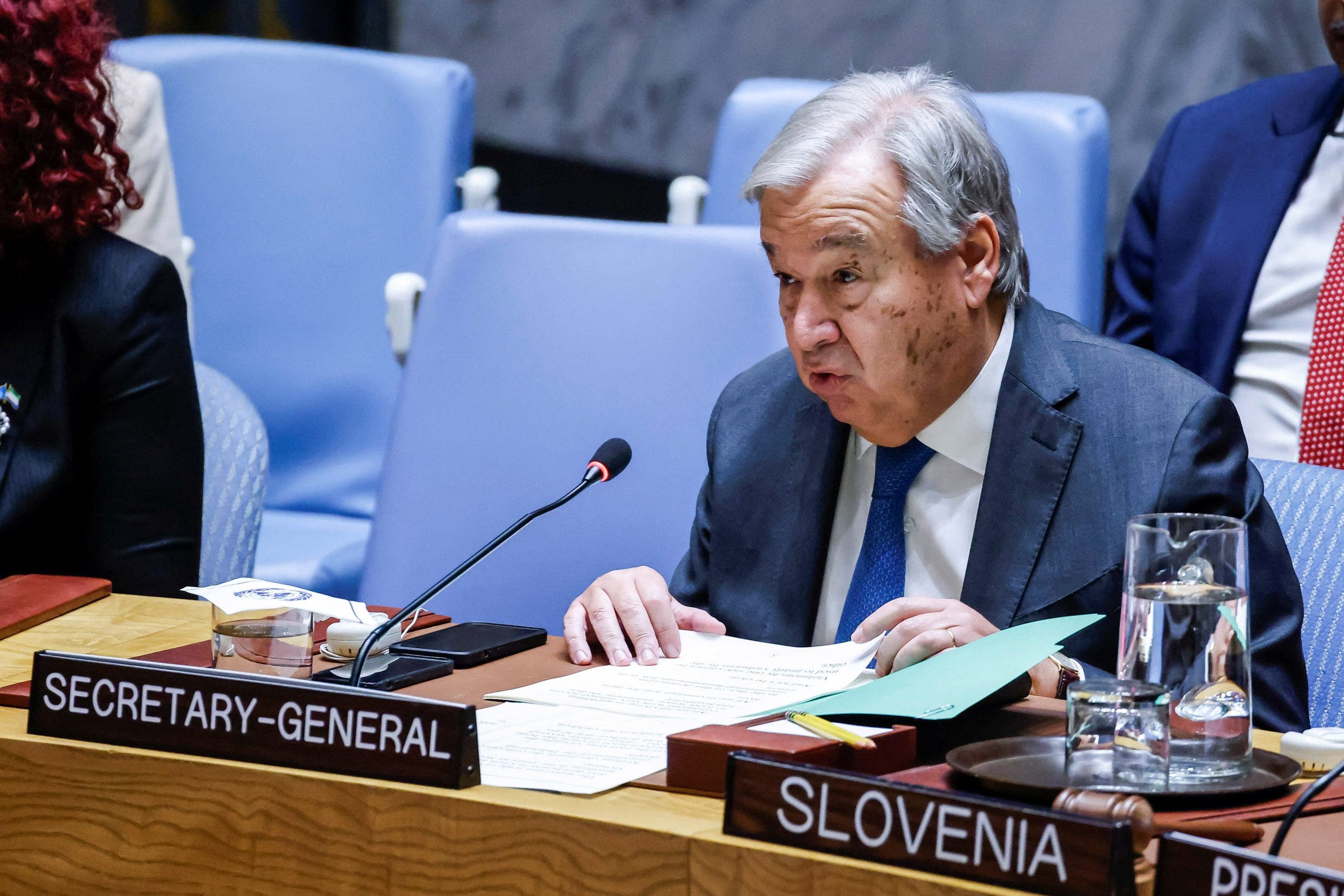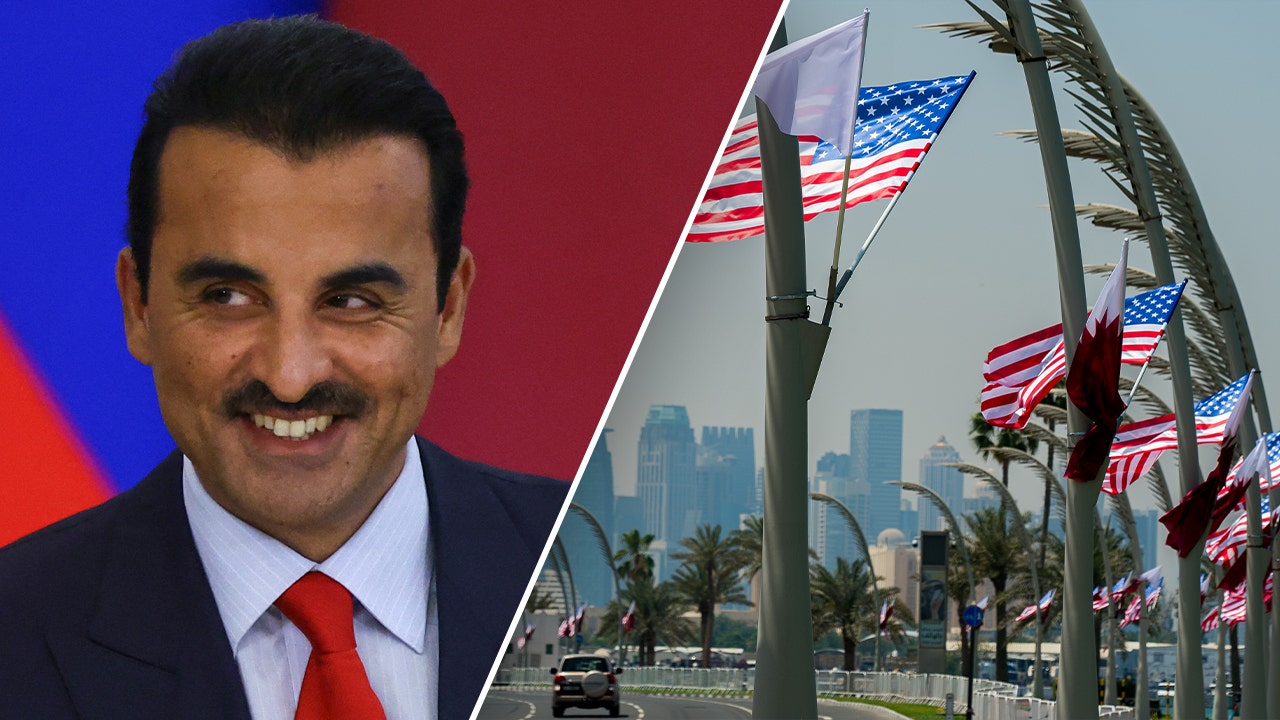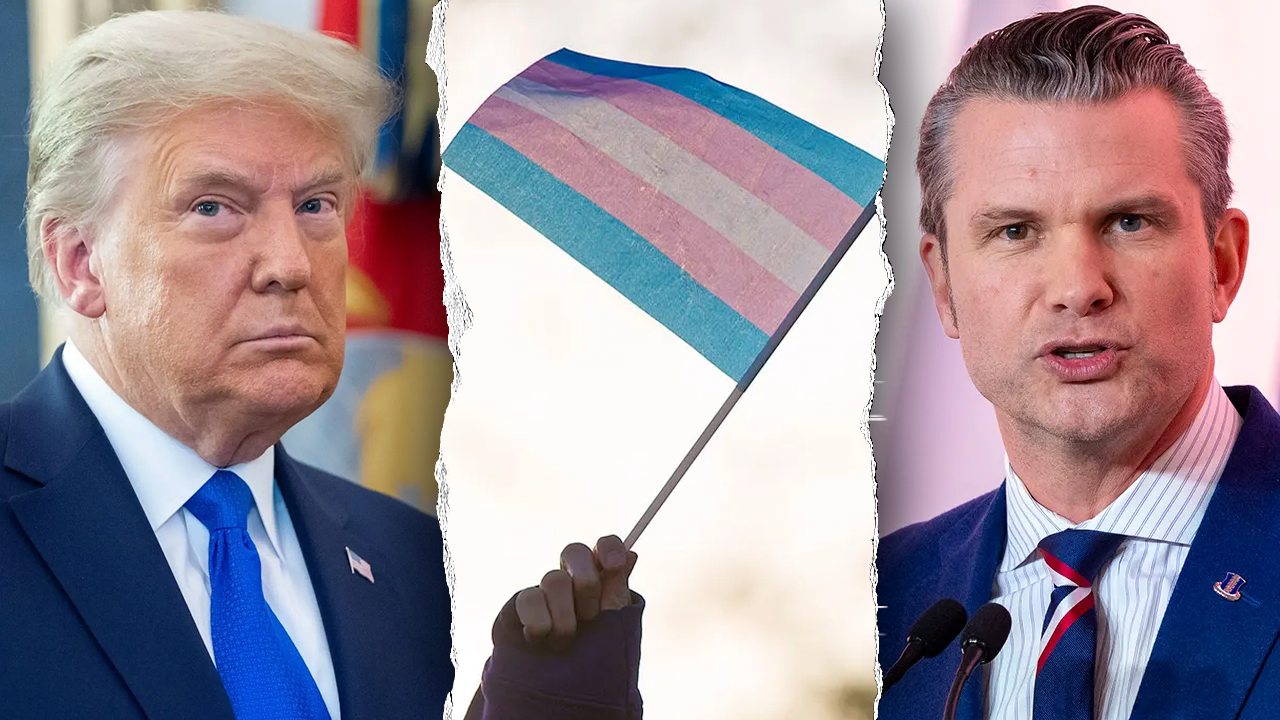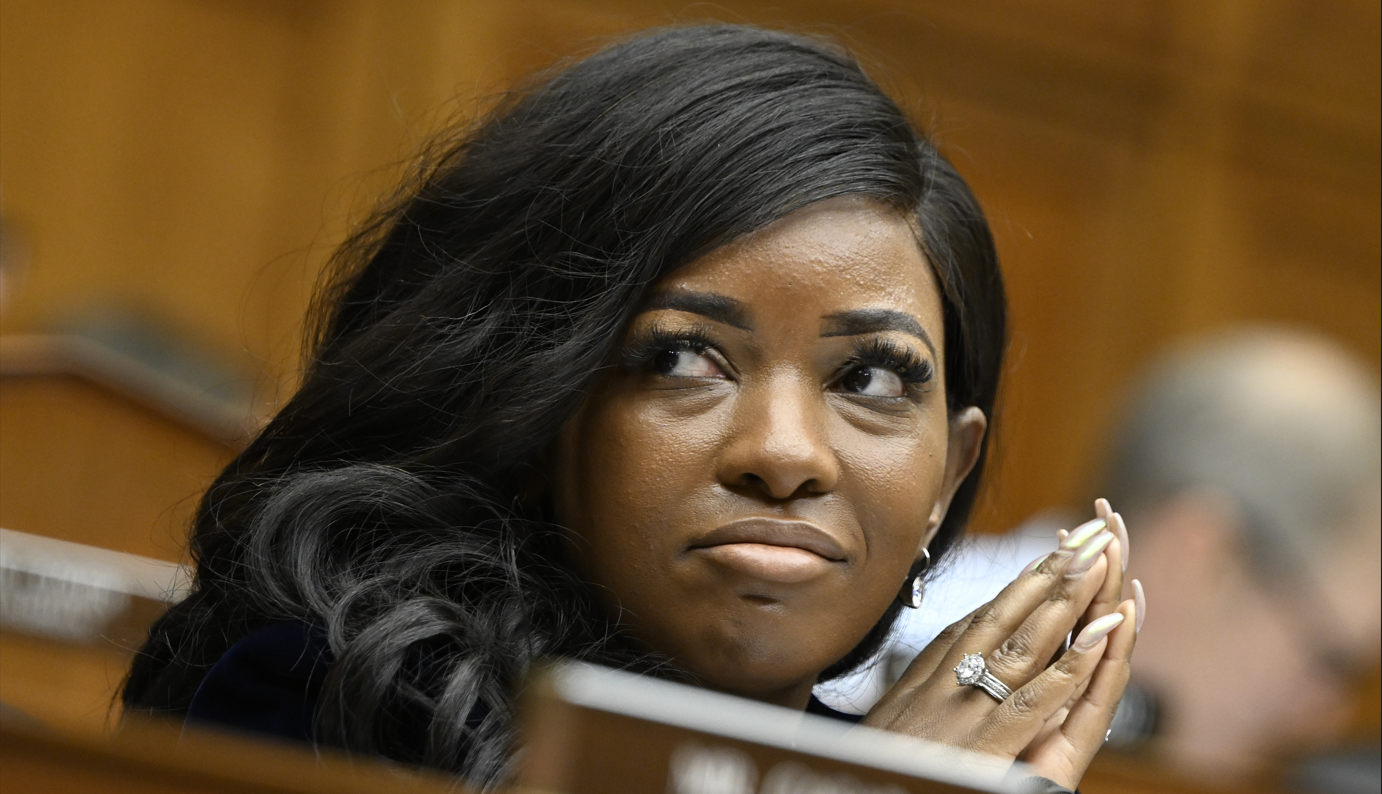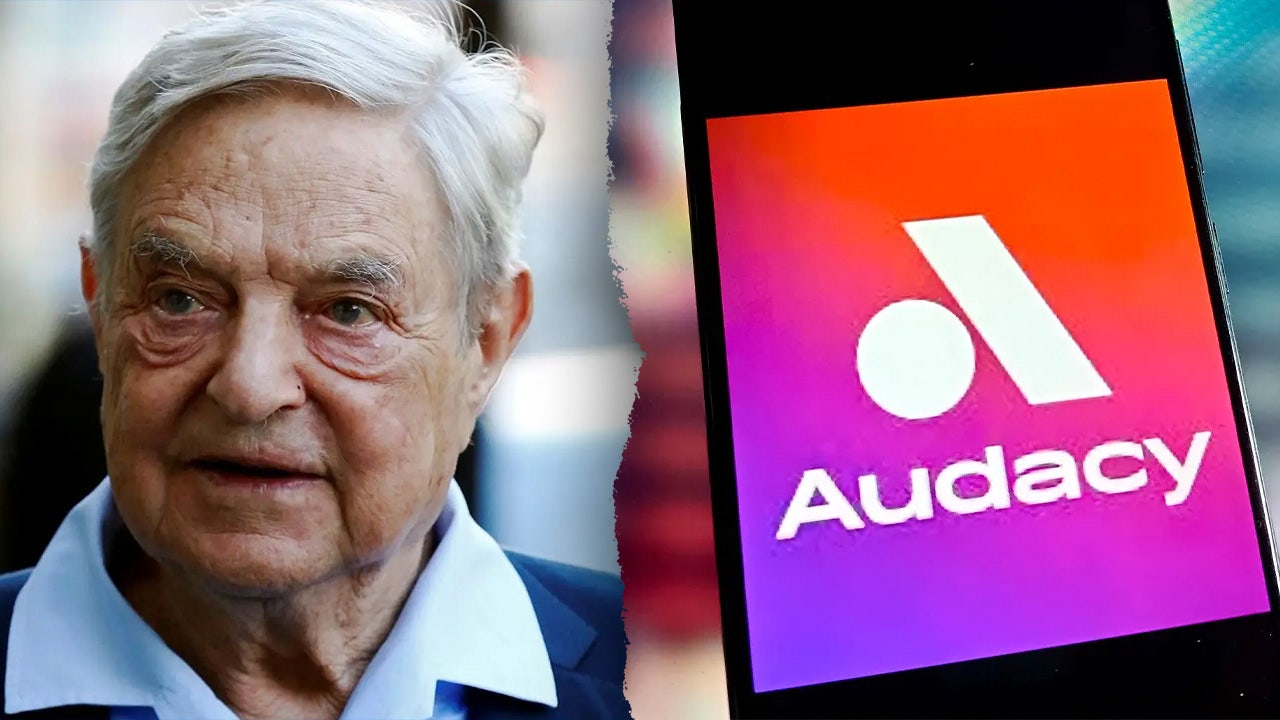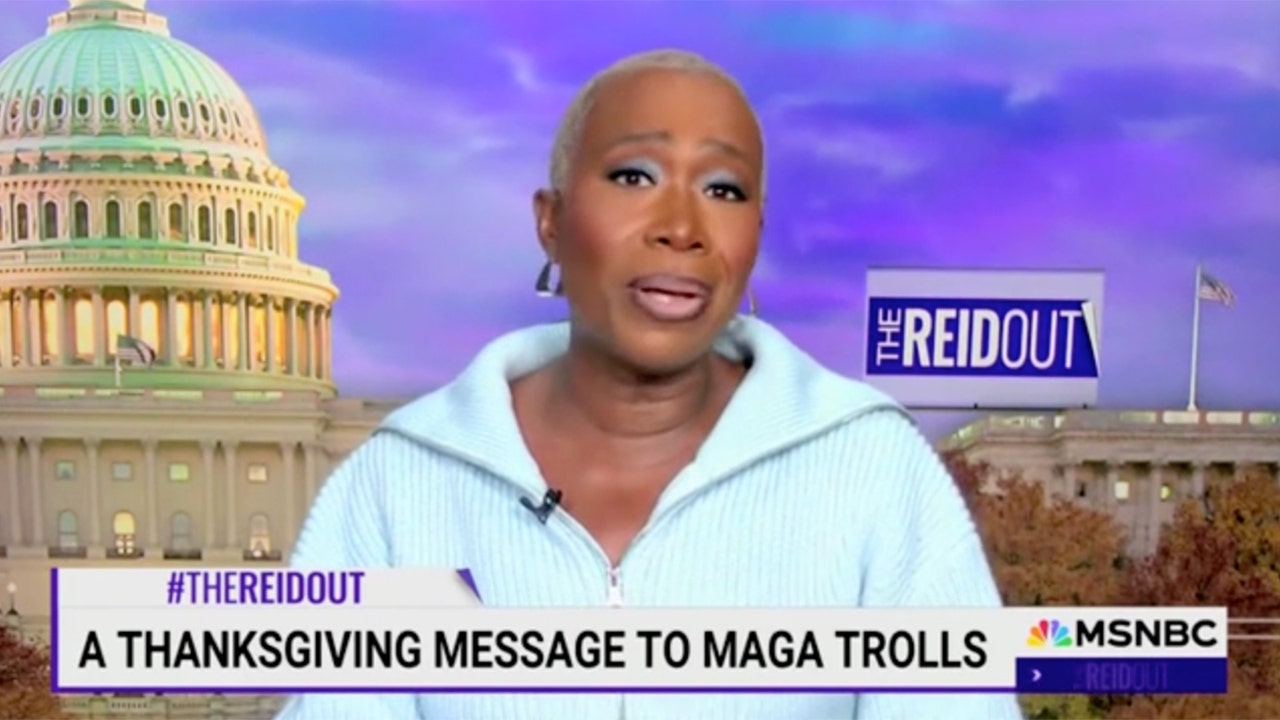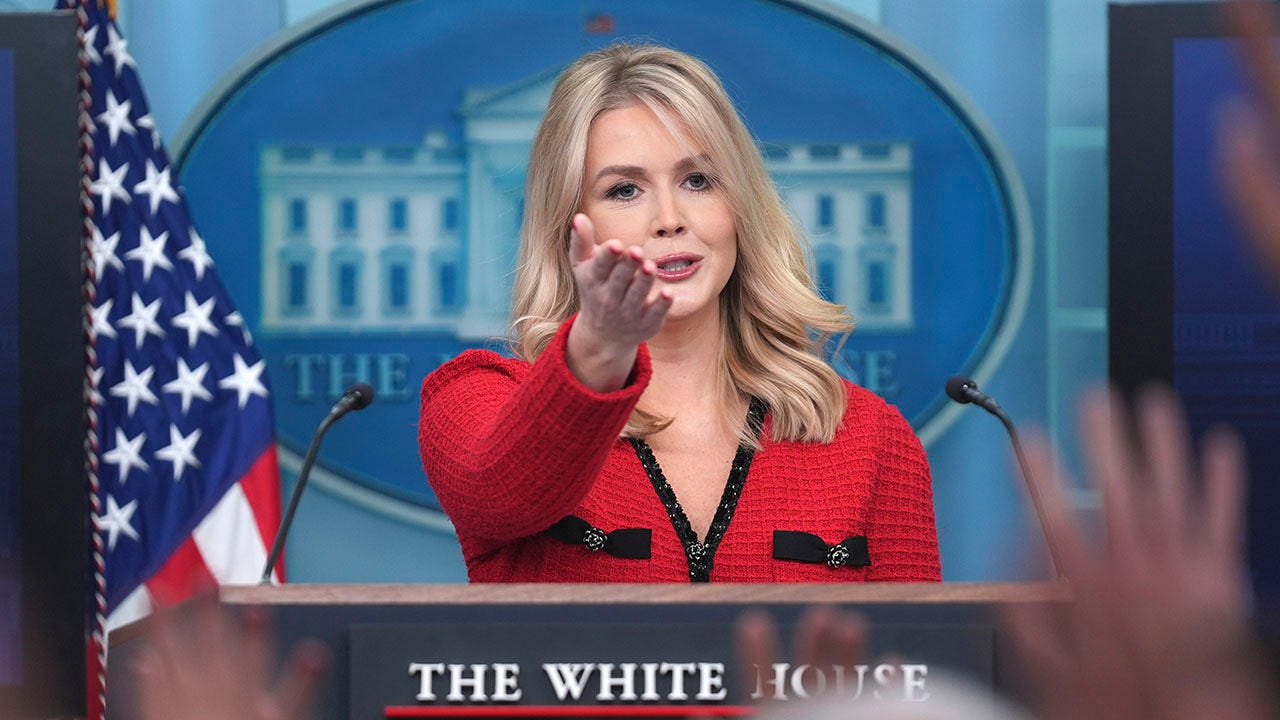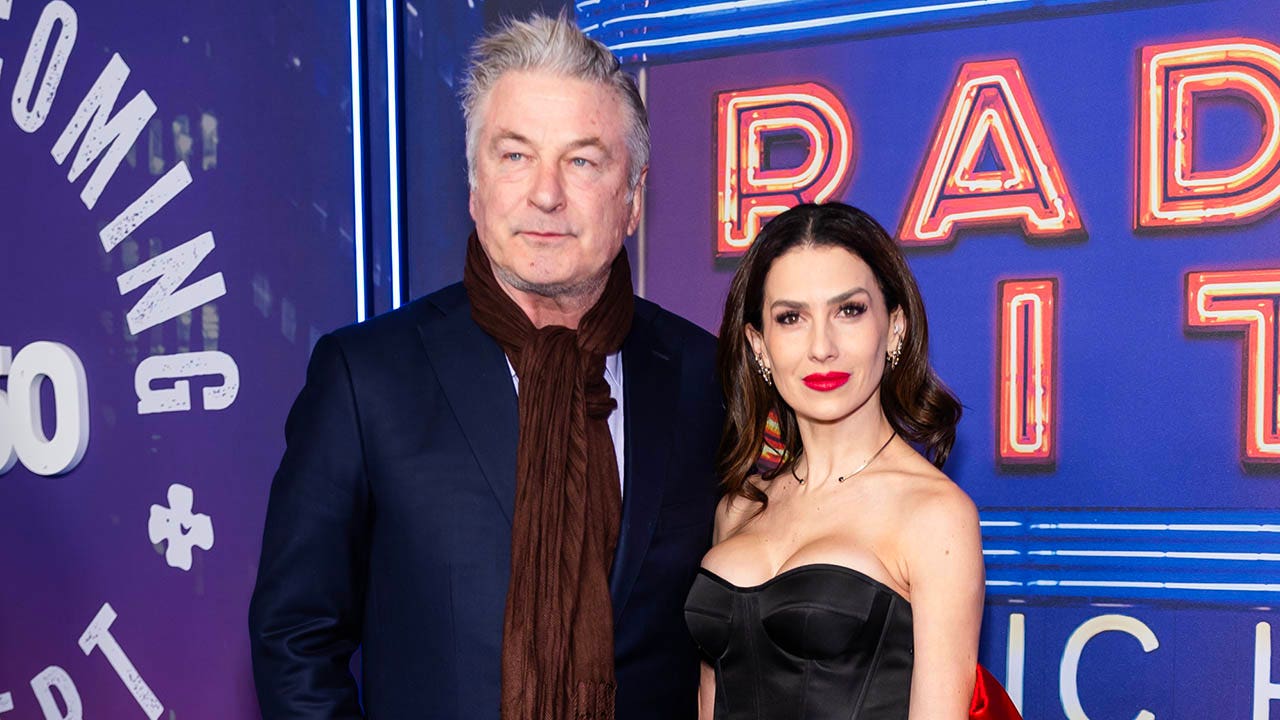Join Fox News for access to this content
Plus special access to select articles and other premium content with your account - free of charge.
By entering your email and pushing continue, you are agreeing to Fox News' Terms of Use and Privacy Policy, which includes our Notice of Financial Incentive.
Please enter a valid email address.
NEWYou can now listen to Fox News articles!
I was one of the army of commentators who confidently asserted that no American would be elected pope. Relying on the common wisdom, I told numerous journalists and broadcasters that until the United States was no longer a superpower, the cardinals would never hand governance of the universal Church to a citizen of the USA.
Well, the electors and the Holy Spirit proved all of us rather dramatically wrong. When the white smoke occurred much earlier than any of us expected, I assumed that the frontrunner, Cardinal Pietro Parolin, had been chosen; so, my astonishment knew no limits when the name Robert Francis Prevost was announced from the front loggia of St. Peter’s Basilica.
And Prevost was not only an American; he was a Chicagoan, raised about a 25-minute drive from my hometown. All of it seemed surreal, impossible.
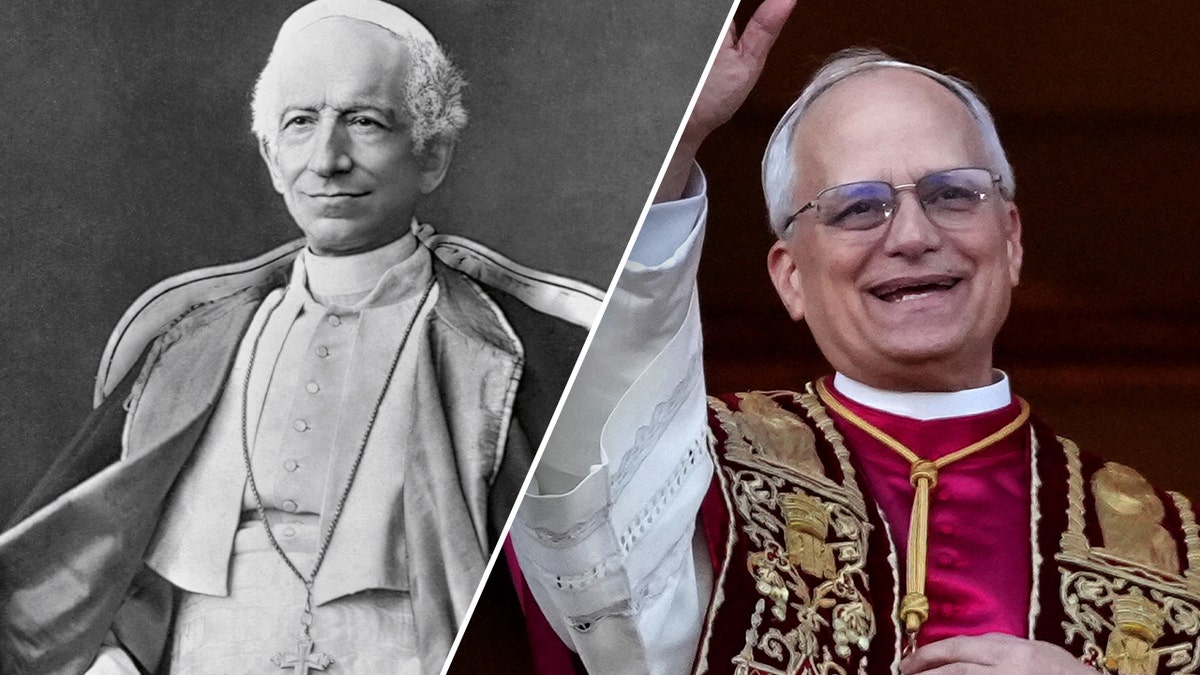
Pope Leo XIII and Pope Leo XIV (Getty Images/Fox News)
Finally, he appeared on the balcony, garbed in the white cassock of the pope, but also wearing the formal mozetta (elaborate shoulder cape) and embroidered stole, traditional adornments that Pope Francis famously eschewed when he first presented himself.
POPE LEO XIV'S GREATEST CHALLENGE IS ALREADY CHANGING THE WORLD
It was an indication that this new Holy Father would be his own man – and a conciliatory gesture to more conservative Catholics who had sometimes felt marginalized by the Francis papacy. And the regnal name that he chose, Leo XIV, had beautiful and powerful resonance for anyone familiar with the history of the Church.
The new pope was hearkening back to his predecessor Leo XIII, a pivotal figure who ruled the Catholic Church from 1878 to 1903. If Cardinal Prevost had chosen for his name Francis II, or John Paul III, or John XXIV, it would have been easy enough to pigeonhole him ideologically. But by referencing Leo XIII, he was signaling that he would not be so facilely characterized.
The initial reaction of the Catholic Church to the political revolutions of the 18th century and the philosophical innovations of the 19th century, especially Marxism, was one-sidedly negative. This was, to be fair, understandable enough, given the brutal way that the Church had been persecuted by many of the cultural and political revolutionaries of that era.
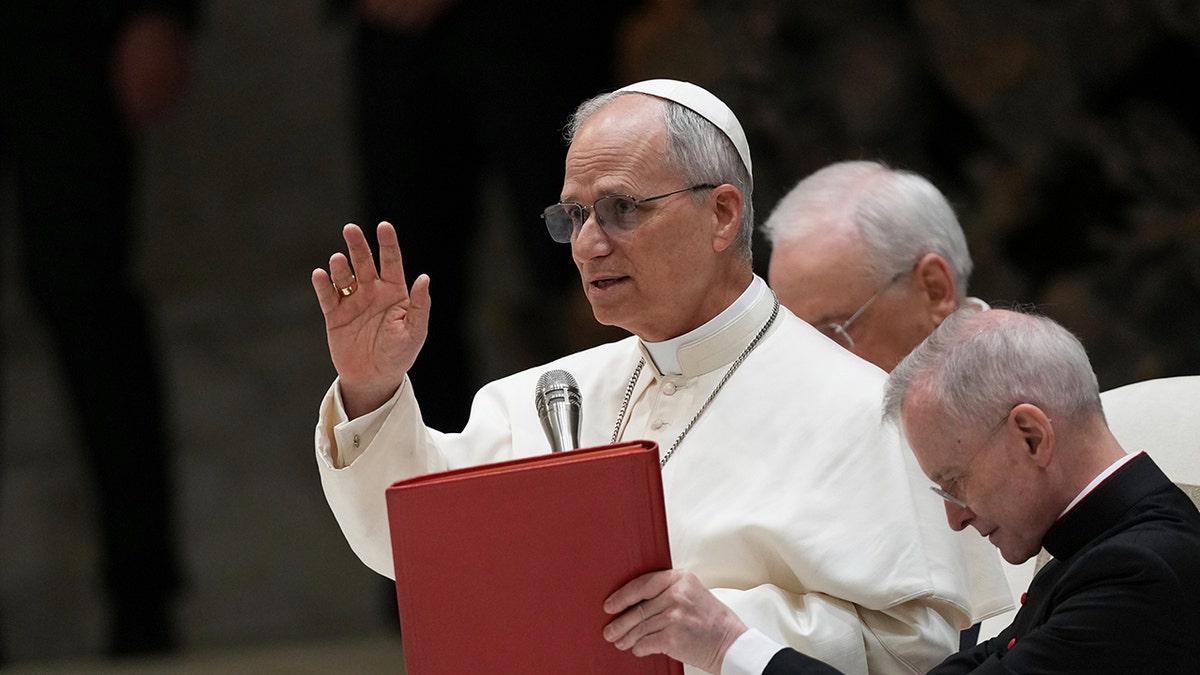
Pope Leo XIV prays over members of the international media in the Paul VI Hall at the Vatican on May 12, 2025. (Domenico Stinellis/AP Photo)
But Leo XIII adopted a nuanced, intellectually sophisticated stance of creative engagement with modernity, neither saying simply no or simply yes to it. The very best example of the Leonine style is his groundbreaking encyclical letter Rerum Novarum, which inaugurated the modern social teaching tradition of the Church.
Conservatives find much to love in this letter, including an uncompromising critique of socialism and a vigorous defense of private property. But liberals reverence Leo’s stress on "the universal destination of goods," the idea that since all of creation belongs ultimately to God, how we use our private property should be governed, first, by a concern for the common good.
Here is a breathtaking line from Rerum Novarum: "Once the demands of necessity and propriety have been met, the rest of what one owns belongs to the poor." Moreover, the same Leo XIII who defended the rights of workers had some pretty sharp critiques of liberal democracy. To me, in adopting the name of this subtle-minded figure, Leo XIV is indicating that he will say both yes and no to the modern world.
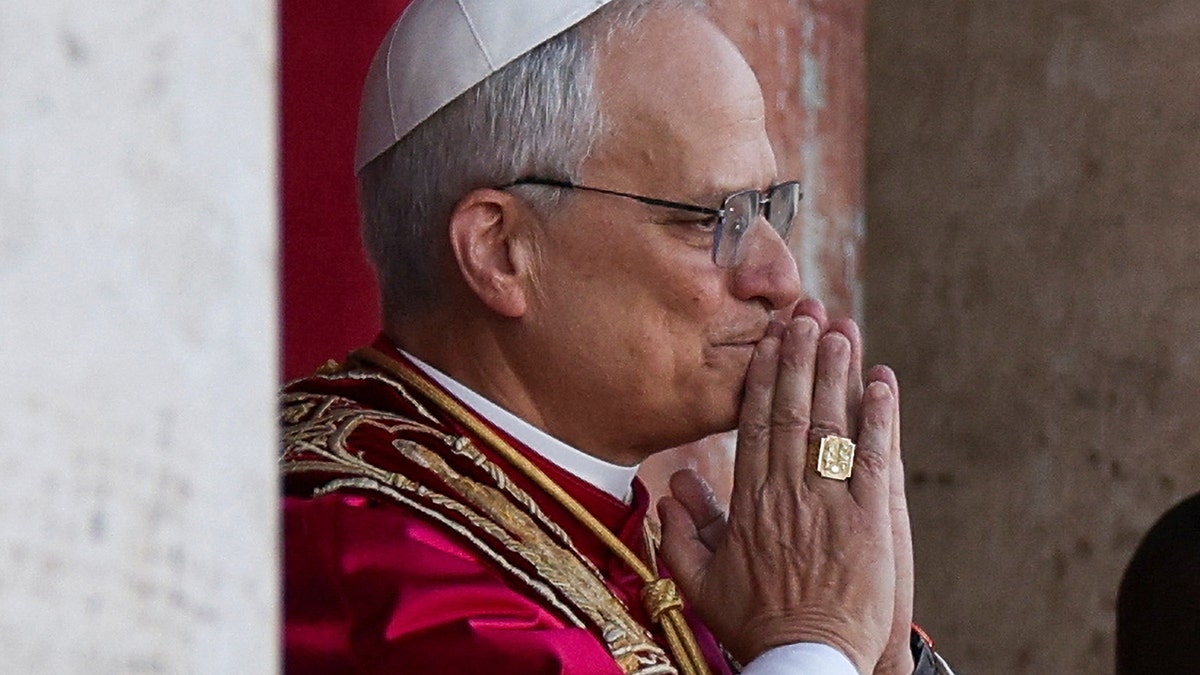
Newly elected Pope Leo XIV appears on the balcony of St. Peter's Basilica at the Vatican, May 8, 2025. (Stoyan Nenov/Reuters)
But I want to reach to a place deeper than politics or cultural engagement. In his moving address from the loggia, Leo XIV described himself as a "son of St. Augustine," and his first words to the crowds concerned the peace of the risen Christ.
CLICK HERE FOR MORE FOX NEWS OPINION
A member of the Augustinian order, Robert Prevost was shaped profoundly by the thought and practice of the great 5th century bishop of Hippo. Certainly one of the two or three greatest intellectuals in the history of the Church, St. Augustine was also a man of tremendous passion and heart.
Perhaps the most famous line in this Confessions is this: "Lord, you have made us for yourself; therefore, our heart is restless until it rests in you." This speaks so eloquently of the longing for God within the soul of every person and accordingly of the Church’s mission to evangelize, to offer the food of the Gospel to the hungry human heart. And this is precisely what the good Augustinian Pope Leo XIV insisted is his first preoccupation.
And finally, that offer of peace from the risen Jesus. The pope is teacher, preacher, administrator, director of personnel, manager of the Vatican bureaucracy, etc. But his first role is evangelist, which is to say, someone who declares in a convincing way the resurrection of Jesus from the dead.
CLICK HERE TO GET THE FOX NEWS APP
I frankly have no idea what kind of administrator or manager St. Peter was, but I know that he preached the resurrection until they crucified him upside-down for his troubles. Leo XIV is the successor Peter, and he knows well that his task is the same as Peter’s.
Ad multo annos, Papa Leo!

 5 hours ago
2
5 hours ago
2
